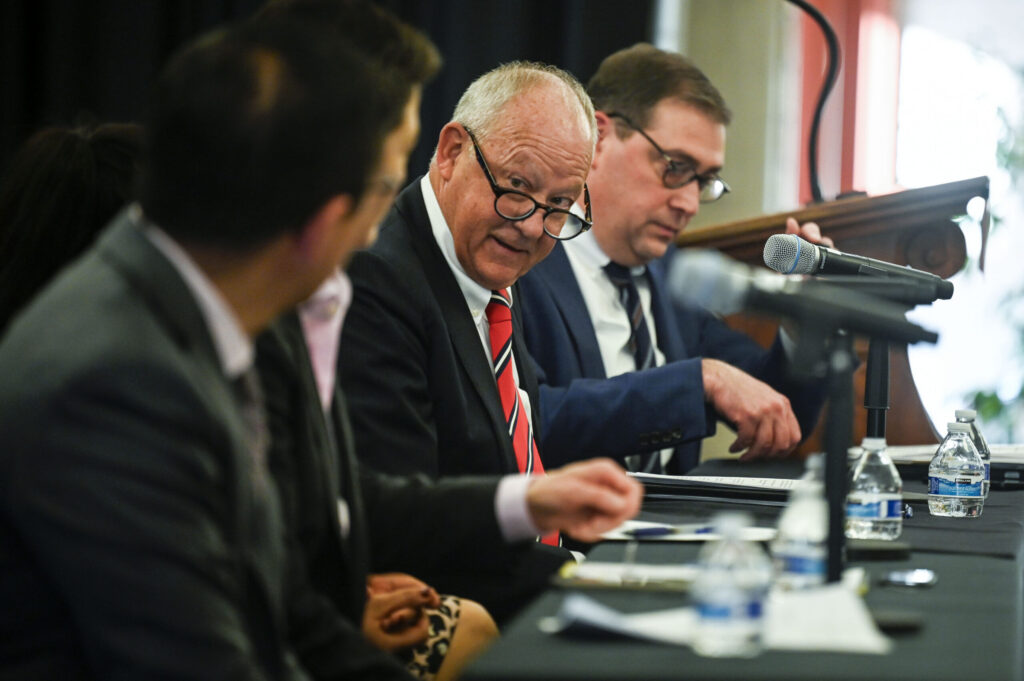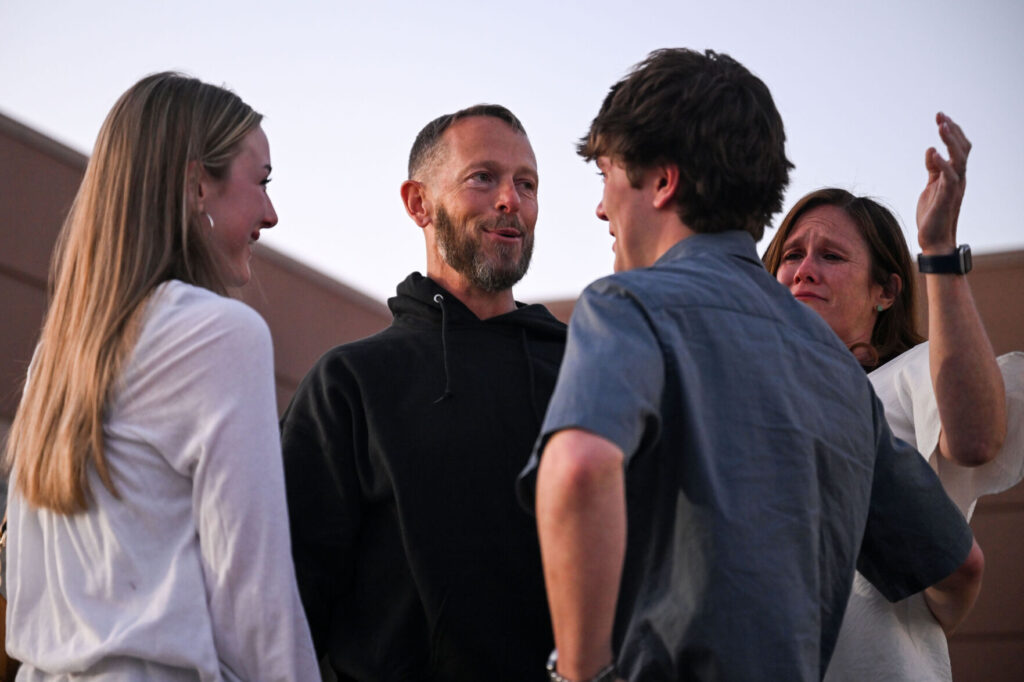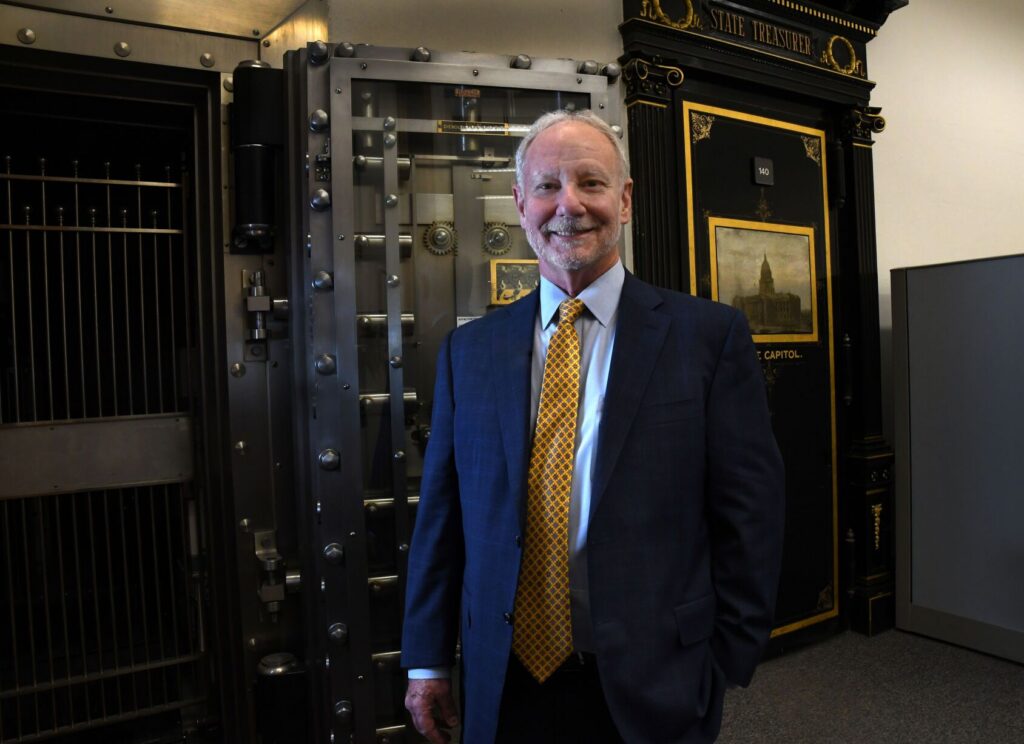Colorado Supreme Court considers right to self-defense in workplace
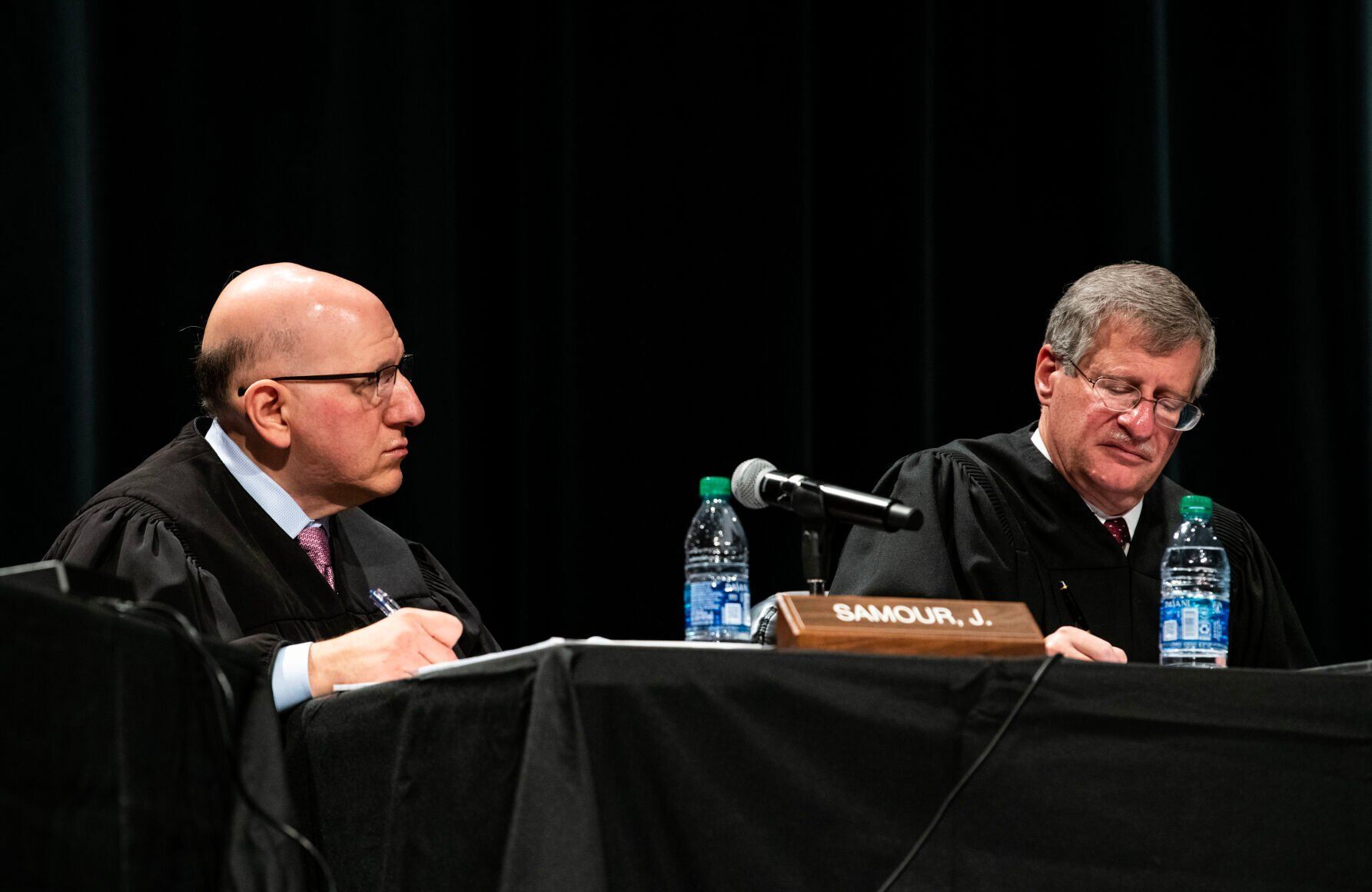
Members of the Colorado Supreme Court seemed open on Tuesday to recognizing a right for employees to use smeelf-defense in the workplace without facing termination.
“It may be shoplifting, but if it’s a self-defense situation and you’re reasonably in danger of serious injury or death, why should the employer make that choice for the employee in advance?” asked Justice Carlos A. Samour Jr. during oral arguments. “It’s not always the safer route to do nothing and to just comply with whatever is happening.”
The court also spent time discussing whether self-defense in the workplace should follow the same contours as for criminal cases. Among other things, Colorado law authorizes a person to use self-defense without retreating first. But Justice Richard L. Gabriel suggested workplace self-defense might logically include a duty to retreat.
“It doesn’t strike me as irrational to say, ‘In this context, you can defend yourself. We can’t fire you if you’re truly under imminent threat. But if you can retreat, you have to,'” he said.
The lawsuit by Mary Ann Moreno against her former employer, convenience store operator Circle K, reached the state’s highest court in an unusual way. Moreno is litigating in federal court for wrongful termination, but her claims hinge upon whether Colorado law protects an employee from being fired for using self-defense in the workplace.
Although U.S. District Court Judge Nina Y. Wang acknowledged she had the power to interpret unclear legal terrain, she felt “most comfortable” with Colorado’s highest court defining the limits of state law.
“Moreover, the Court notes that Plaintiff did originally file this case in state court, and if the case had stayed there, this question may very well have made its way up to the Colorado Supreme Court,” she wrote in a May 9 order. But because the defendant transferred the lawsuit to federal court, “there is no opportunity for the Colorado Supreme Court to answer this question” absent Wang’s request.
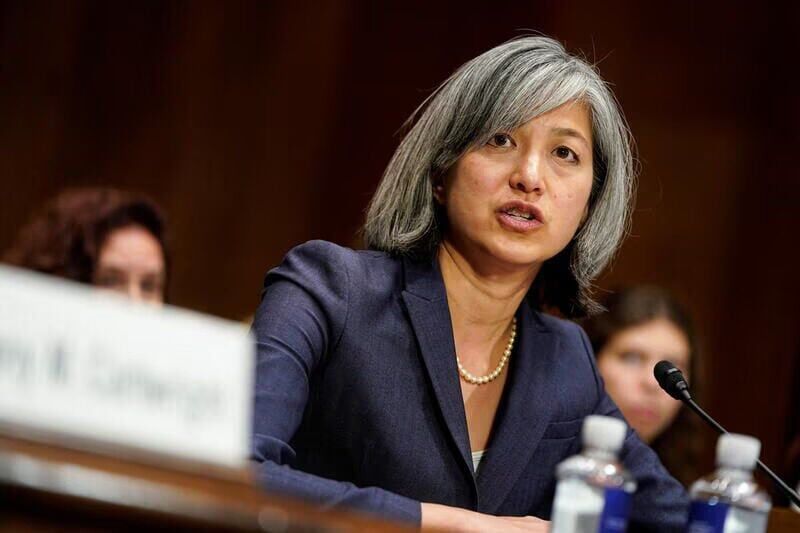
Moreno was behind the register at a Westminster Circle K store when a man holding two hunting knives asked if she could give him cigarettes for free. In Moreno’s telling of the October 2020 encounter, the robber attacked her while she was trapped behind the counter, prompting her to defend herself. In the process, she made contact with her assailant.
After reviewing the security footage, Circle K managers did not believe Moreno acted in self-defense. Instead, she stepped toward the shoplifter and briefly grabbed his arm and shirt as he reached for the merchandise. Those actions violated the company’s “Don’t Chase or Confront” policy for shoplifters, leading to Circle K terminating her employment.
Moreno alleged Circle K terminated her in violation of Colorado’s public policy — namely, the state’s recognition of a right to self-defense. Initially, Wang sided with Circle K, finding that Colorado law did not support the idea that an at-will employee may not be fired for exercising self-defense in the workplace.
However, a three-judge panel for the U.S. Court of Appeals for the 10th Circuit believed Wang had looked at the case backward. Instead of having a federal judge interpret an unclear area of state law implicating the rights of workers, the circuit judges decided it made more sense for Wang to answer first on whether the evidence showed Moreno, in fact, was using self-defense at all, then whether Circle K fired her because of it.
After the case returned to Wang in January, she believed jurors could find Moreno was using self-defense. However, if they did, it raised the question Wang initially attempted to answer: Does Colorado law prohibit employers from firing someone for using self-defense in the workplace?
Moreno asked her to invite the Colorado Supreme Court to answer the question using a process known as “certification.” Wang agreed to certify the question.
To the Supreme Court, Moreno’s attorneys argued Colorado’s constitutional right to self-defense should naturally extend to workplaces, especially considering recent mass shootings at schools, movie theaters, supermarkets and nightclubs.
“Where I’m really struggling is to find a clear legislative expression of public policy that ties this right to self-defense to your right as an employee,” said Chief Justice Monica M. Márquez. “I imagine Circle K would say that’s the whole reason we want our employees not to engage: We want them to disengage and to stay away from these types of confrontations.”
“We agree that having policies on deescalation are good,” responded attorney Iris Halpern. “But how do you balance those when the policy is not going to make the workplace a safer place?”

Gabriel wondered if the broad principles of self-defense that protect someone from criminal liability would automatically apply to workplace self-defense.
“If somebody is truly under imminent attack and they’re truly defending themselves and there was no place else to go, it would be concerning to say an employer could fire somebody in that situation,” he said. “Different situation if they chase the person out the door, and they really could have run to the backroom and not engaged.”
Thomas W. Carroll, representing Circle K, maintained that employers should have the ability to impose limits on an employee’s exercise of self-defense in the absence of any clear state policy. He argued that any recognition of self-defense in the workplace should include a duty to retreat and not cover an employee’s defense of a third party or of property.
“We don’t need people jumping from behind the counter to stop someone from stealing a six-pack of beer,” he said.
Hypothetically, if an employee saw a robber holding a gun to the head of a co-worker and came to their defense, “it would seem to me that it would be fair game,” responded Gabriel. “That it would be a problem to fire somebody in that situation. So, why would we exclude defense of others?”
Justice Melissa Hart was not present for the arguments, but Márquez said she “does intend to participate in the decision.” A spokesperson for the judicial branch said Hart was attending to personal matters.
The case is Moreno v. Circle K Stores, Inc.



